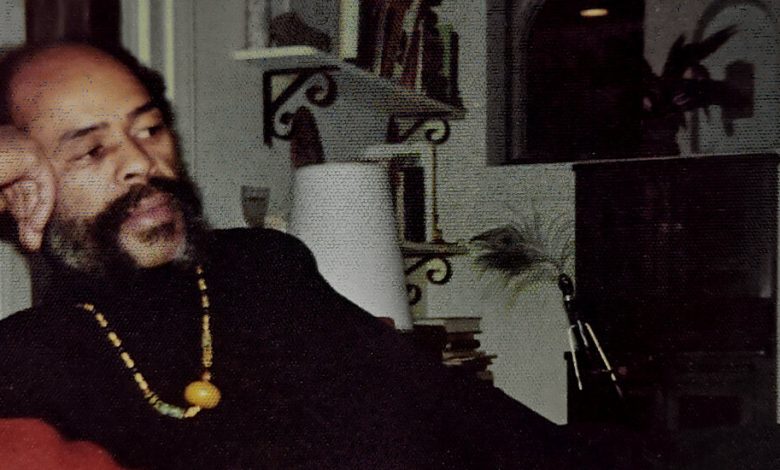Clyde Taylor, Literary Scholar Who Elevated Black Cinema, Dies at 92

Clyde Taylor, a scholar who in the 1970s and ’80s played a leading role in identifying, defining and elevating Black cinema as an art form, died on Jan. 24 at his home in Los Angeles. He was 92.
His daughter, Rahdi Taylor, a filmmaker, said the cause was chronic obstructive pulmonary disease.
As a young professor in the Los Angeles area in the late 1960s — first at California State University, Long Beach, and then at the University of California, Los Angeles — Dr. Taylor was at the epicenter of a push to bring the study of Black culture into academia.
Black culture was not merely an appendage to white culture, he argued, but had its own logic, history and dynamics that grew out of the Black Power and Pan-African movements. And filmmaking, he said, was just as important to Black culture as literature and art.
He was especially taken by the work of a circle of young Black filmmakers in the 1970s that he would later call the “L.A. Rebellion.” Among them were the directors Charles Burnett, Julie Dash, Haile Gerima and Billy Woodberry, all of whom went on to have immense impact on Black directors like Spike Lee and Ava DuVernay.
As Dr. Taylor documented, these directors created their own, stripped-down approach to narrative and form. They borrowed from French New Wave, Italian neorealism and Brazil’s Cinema Novo to offer an unblinkered look at everyday Black life, often filming in Watts and other Black neighborhoods in and around Los Angeles.
We are having trouble retrieving the article content.
Please enable JavaScript in your browser settings.
Thank you for your patience while we verify access. If you are in Reader mode please exit and log into your Times account, or subscribe for all of The Times.
Thank you for your patience while we verify access.
Already a subscriber? Log in.
Want all of The Times? Subscribe.
